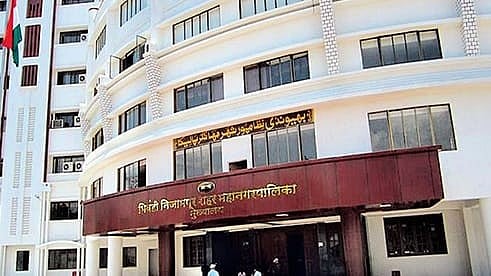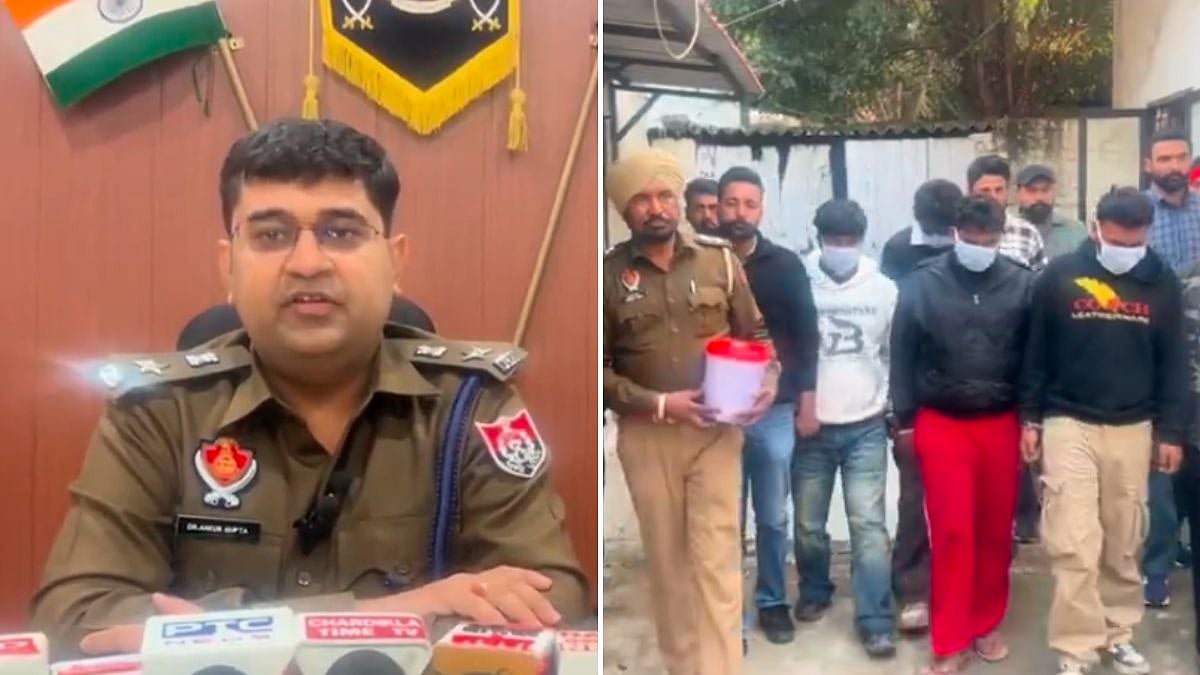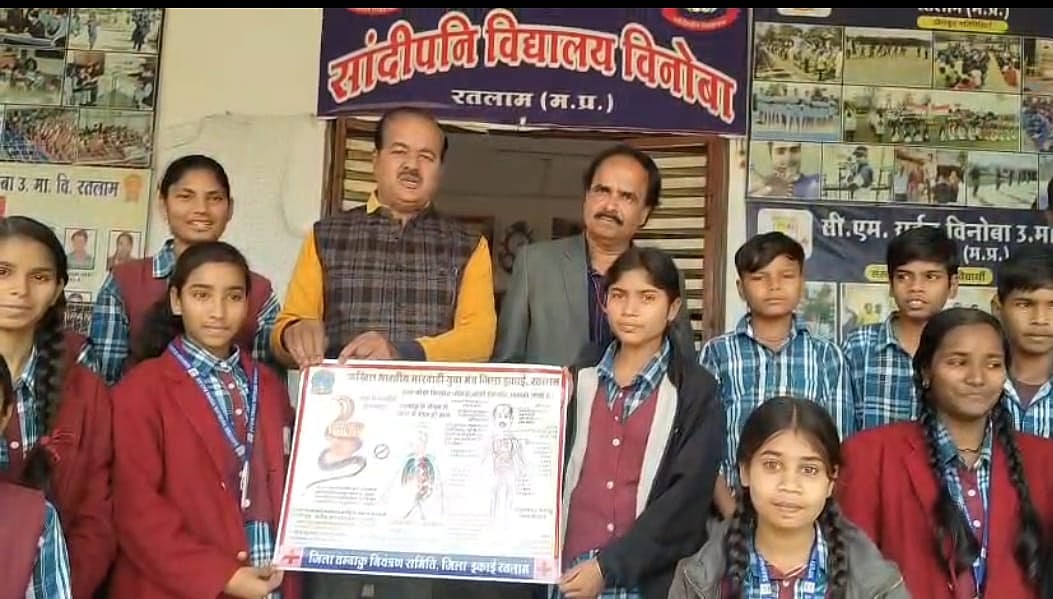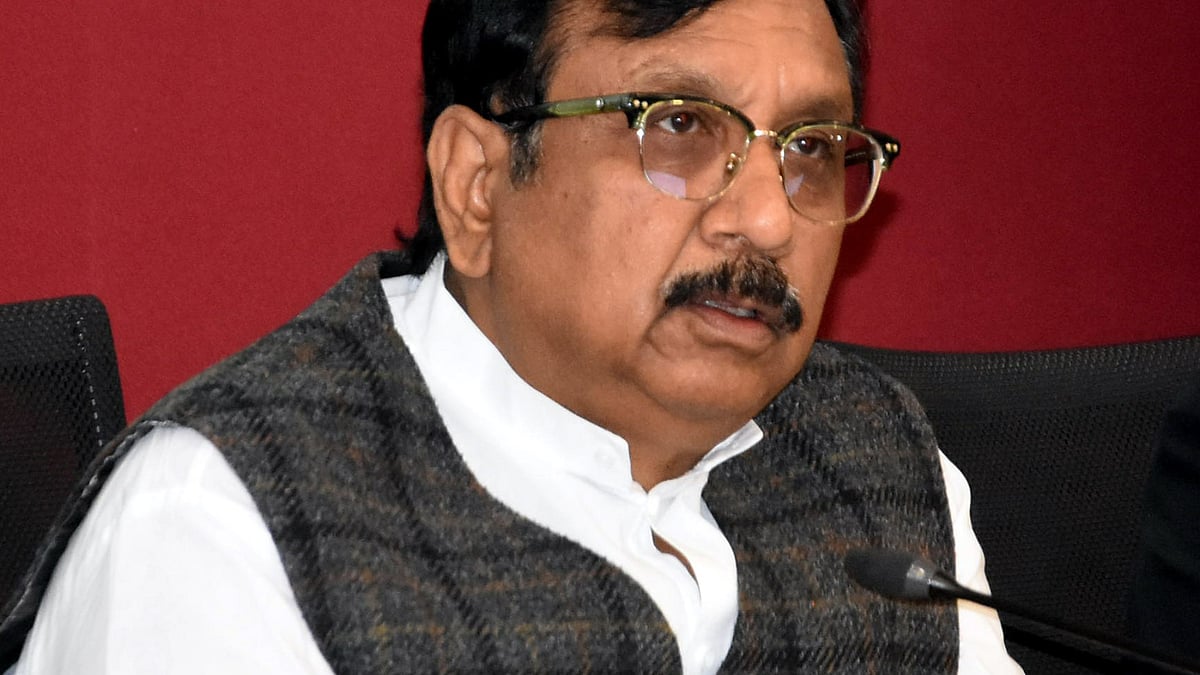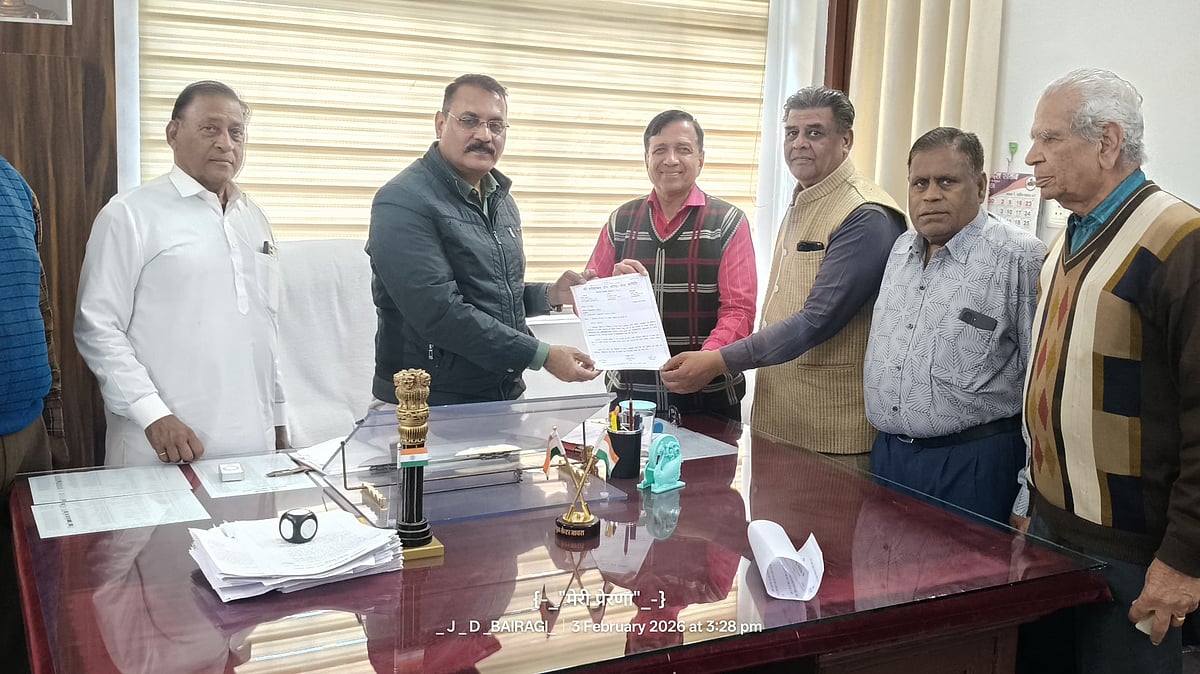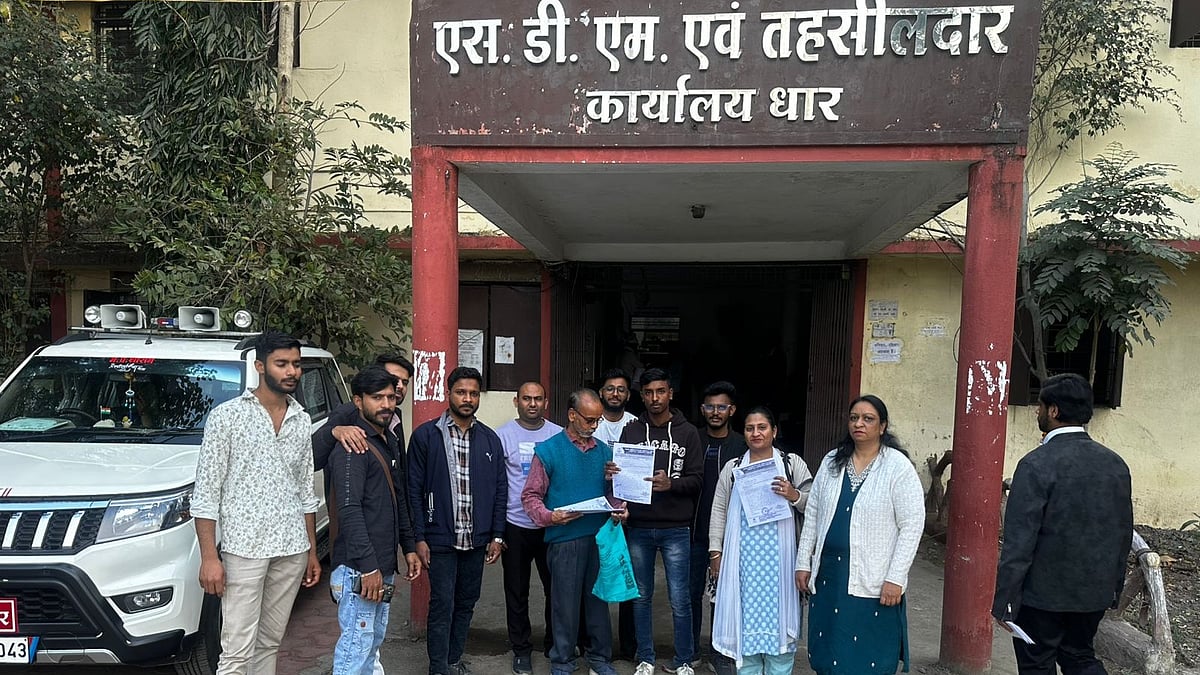Indore (Madhya Pradesh): In a significant move towards sustainable energy production, the Nuclear Power Corporation of India Limited (NPCIL) has set an ambitious goal of generating 22,000 megawatts of electricity by the fiscal year 2031-32.
“This initiative aims to enhance the country's self-reliance in clean and green power sources,” NPCIL chairman and managing director Bhuvan Chand Pathak said, while addressing the inaugural function of 32nd National Laser Symposium at Raja Ramanna Centre for Advanced Technology (RRCAT) on Monday.
The four-day event is for providing a platform for discussions on nuclear energy advancements.
Commissioning more than one plant annually is part of the NPCIL's strategic plan to achieve the target. “Currently, 23 nuclear energy reactors are contributing 7,000 MW of electricity. Furthermore, 19 new plants have progressed through various stages and are slated to be operational by 2026-27,” Pathak said, emphasising the organisation's commitment to working towards making India self-sufficient.
Addressing environmental concerns associated with nuclear energy, Pathak clarified that the NPCIL pays careful attention to ecological aspects before establishing any nuclear power plants. He dispelled misconceptions about the environmental impact of spent nuclear fuel, highlighting the careful storage and reutilisation procedures in place. The NPCIL is actively contributing to the national power supply, with nuclear energy currently accounting for two percent of the total electricity generated in the country.
To further augment their efforts, the NPCIL is working on the establishment of Chutka Nuclear Power Plant in Madhya Pradesh, covering an extensive 1,200 acres. The state government is expected to provide the necessary land for future projects, reinforcing the potential for additional nuclear plants.
Prof Debabrata Goswami of IIT Kanpur highlighted the importance of laser technology in nuclear physics and research. The symposium brought together experts from various fields, discussing topics ranging from laser physics to applications in nuclear science, biology and medical industries.
As part of their commitment to research and development, the NPCIL is collaborating with different institutions to advance laser technology. This includes exploring areas such as laser materials, optoelectronics, quantum optics and atomic optics.
The 32nd National Laser Symposium witnessed the release of a book along with the inauguration of a laser technology industrial exhibition. With approximately 20 experts contributing and nearly 300 research papers submitted, the event marked a significant step towards fostering collaboration and innovation in the field of laser technology. RRCAT director Dr Shankar V Nakhe and Indian Laser Association SK Majumder also spoke on the occasion.

